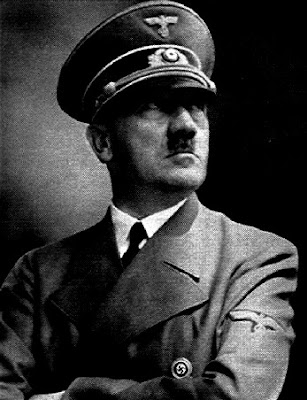Did anybody watch President Obama's press conference at close of the G-12 summit tonight? The press corps got to ask maybe three really good, thought provoking questions. In response, I can honestly say I listened to 20 some odd minutes of the most boring press conference that I have ever heard in my lifetime during which the President did not answer a single question asked. It was amazing to watch. So many many MANY words, peppered with a lot of uncomfortable ums and ahs, that said absolutely nothing whatsoever and I daresay not one good sound bite was obtained.
This is the President who galloped onto the national scene on the strength of his glowing oratory? It was positively embarrassing to watch.
This is the President who galloped onto the national scene on the strength of his glowing oratory? It was positively embarrassing to watch.
